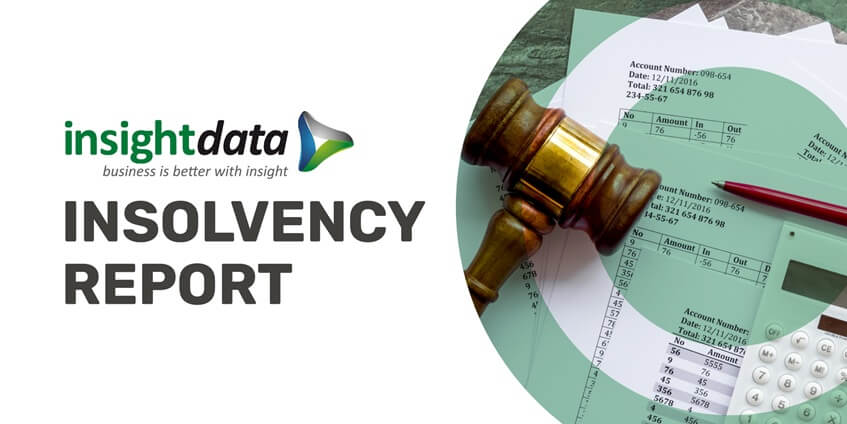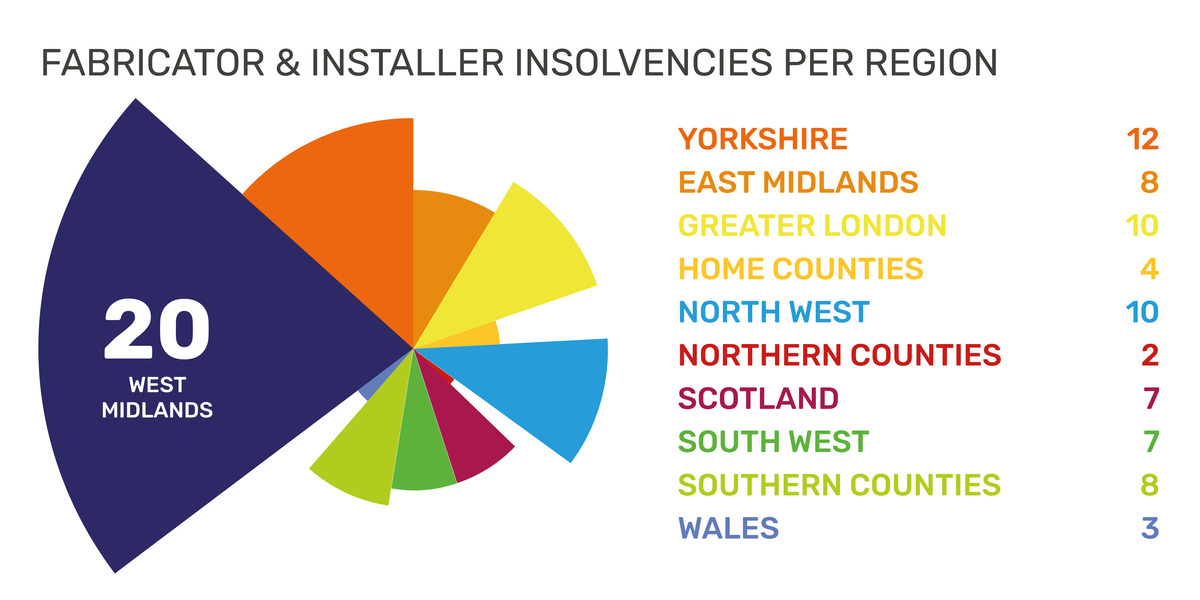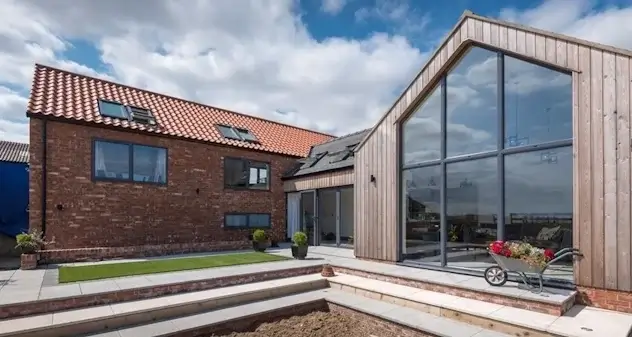Property Developers UK: Insight into Top UK Development Trends 2025

Property developers in the UK face a fast-changing landscape shaped by sustainability, smart tech, urban regeneration, and growing pressure on affordable housing. Staying ahead of these trends is now essential to secure new projects, win pitches, and maximise returns.
This blog explores the latest UK development trends, provides practical insights, and explains how they affect your approach and strategy.
Key Development Trends for Property Developers UK
1. Sustainability and Green Building Practices
The UK’s commitment to reducing carbon emissions is shaping the construction industry, with sustainability becoming a pivotal trend. Property developers are increasingly prioritising green building practices to meet regulatory requirements and cater to environmentally conscious consumers. This trend includes:
- Incorporation of renewable energy sources like solar panels.
- Usage of sustainable materials and waste reduction strategies.
- Development of energy-efficient buildings compliant with BREEAM standards.
By adopting sustainable practices, developers not only contribute to environmental conservation but also benefit from cost-efficiencies and enhanced marketability.
2. Smart Technology Integration
The rise of smart technology is revolutionising the property market. For property developers in the UK, integrating smart home technology and Internet of Things (IoT) solutions can greatly increase property value and appeal. Key trends include:
- Smart home systems that offer remote control and automation of home functions.
- Incorporation of advanced security systems and energy management solutions.
- Widespread use of high-speed internet and connectivity infrastructure.
Embracing smart technology addresses the growing demand for convenience and efficiency, enhancing the overall living experience for occupants.
3. Urban Regeneration Projects
Urban regeneration remains a significant trend as the government and private developers focus on revitalising underdeveloped areas. Major aspects of this trend include:
- Transformation of brownfield sites into thriving residential and commercial spaces.
- Improvement of infrastructure and amenities in urban areas.
- Development of mixed-use projects combining housing, offices, and retail spaces.
Such projects not only boost local economies but also generate substantial return on investment for developers. Staying ahead in urban regeneration efforts can be a game-changer for positioning in the market.
4. Affordable Housing Initiatives
The demand for affordable housing continues to rise, driven by population growth and economic factors. Key strategies adopted by property developers UK include:
- Partnerships with government bodies and housing associations.
- Use of innovative construction techniques like modular building to reduce costs.
- Focus on creating liveable communities with easy access to essential services.
Addressing the need for affordable housing is crucial for social responsibility and fulfilling market demand, offering opportunities for both public goodwill and profitability.
Embracing Innovation and Market Changes
Learning from Global Trends
UK property developers can gain valuable insights by observing global development trends. Areas like high-density urban development seen in cities like Singapore and the implementation of smart city technologies in Scandinavia provide learning opportunities. Developers should consider:
- Investing in research to stay ahead of international best practices.
- Adopting resilient and adaptable building designs to mitigate risks.
- Creating flexible spaces that can adapt to changing social and economic needs.
By learning from global trends, property developers can implement advanced strategies that enhance project viability and market presence. Suppliers to these developers can also adapt their offering to meet the demand of the future.
Utilising Data-Driven Approaches
Data is an invaluable asset for developers in today’s market. Leveraging data-driven decision making through tools like Salestracker can significantly impact success. This involves:
- Analysing market trends and consumer behaviour.
- Identifying lucrative investment opportunities and product development based on data insights.
- Enhancing marketing and sales efforts through targeted campaigns.
Effective use of data can result in precise targeting, optimised resource allocation, and ultimately, improved business decision making.
Property developers in the UK ranked by project value
| Rank | Developer | Project Value (£ Million) | Major Projects |
|---|---|---|---|
| 1 | Barratt Developments | 3,419 | Brent Cross, Upton Gardens |
| 2 | Persimmon Homes | 3,328 | Woodford Garden Village, Brick Kiln Farm |
| 3 | Taylor Wimpey | 2,700 | Chobham Manor, The Mill |
| 4 | Berkeley Group | 2,202 | One Thames City, Southall Waterside |
| 5 | Redrow Homes | 1,939 | Colindale Gardens, Plasdwr |
| 6 | Vistry Group | 1,811 | Smith’s Dock, Wapping Wharf |
| 7 | Bloor Homes | 1,033 | Woodland Valley, Bovis Homes |
| 8 | Countryside Properties | 892 | Beam Park, Acton Gardens |
| 9 | Crest Nicholson | 677 | Bath Riverside, Park Central |
| 10 | Miller Homes | 664 | South Gilmerton, Minerva Heights |
Stay up to date
Staying updated with the latest trends is essential for property developers in the UK aiming to stay competitive and relevant. By focusing on sustainability, smart technology, urban regeneration, and affordable housing, developers and their suppliers can drive successful projects that meet market demands and deliver significant returns. Additionally, embracing global influences and data-driven approaches will further position developers as market leaders.
Understanding and incorporating these trends into your strategic planning can transform challenges into opportunities, ensuring your developments are not only viable but also desirable in the current market landscape.
Property developers looking to sharpen their strategy with live market data and smarter prospecting tools can speak to the experts at Insight Data. Get in touch or book Salestracker training to make the most of our platform. Prefer to talk? Call Insight Data on 01934 808293.































